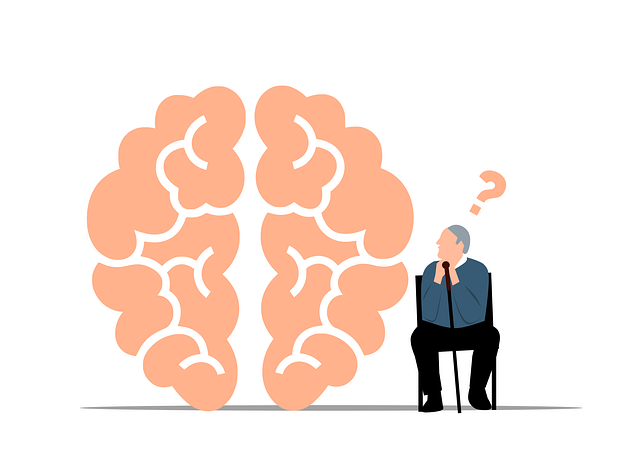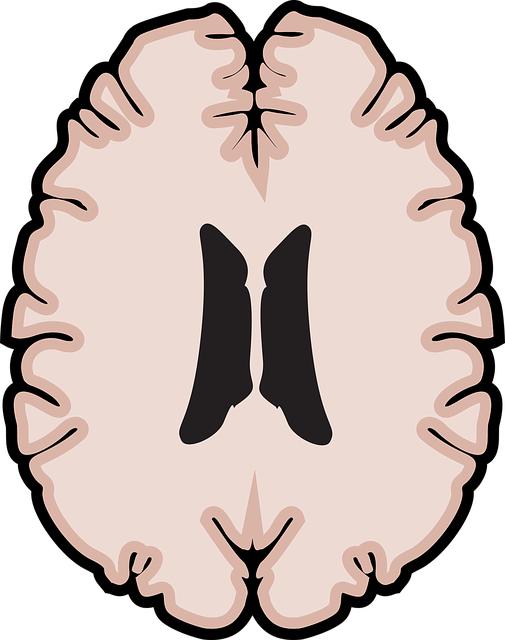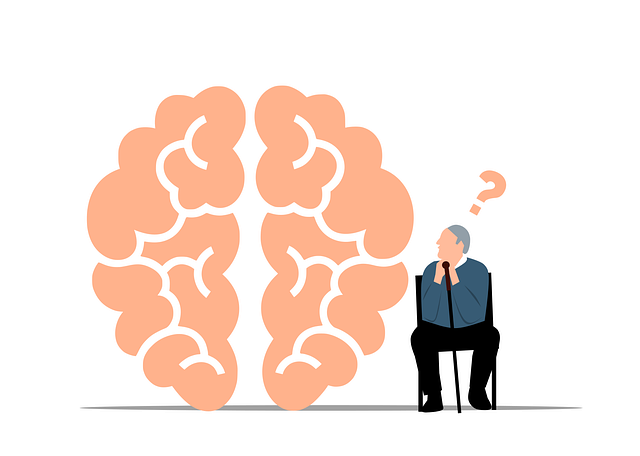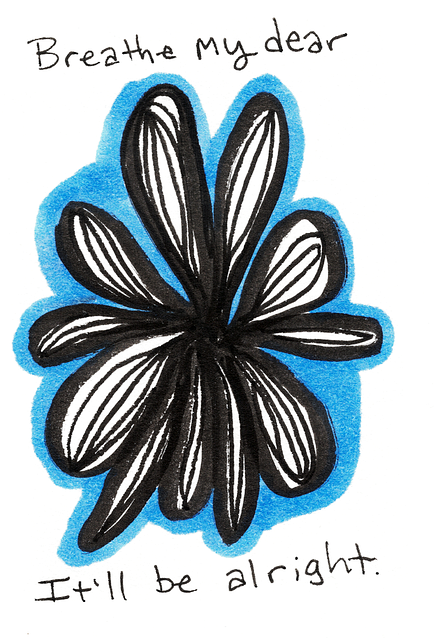Boulder Dialectical Behavioral Therapy (DBT) offers a comprehensive mental wellness program combining cognitive-behavioral therapy with mindfulness techniques. DBT equips individuals with skills in emotion regulation, distress tolerance, and interpersonal effectiveness, making it ideal for mood disorders or trauma. Through individual therapy, group training, coaching, and stress management, DBT fosters emotional balance, confidence, and assertiveness. For long-term mental wellness, integrating DBT with trauma support services provides tailored care, addressing underlying issues and promoting resilience.
Mental wellness is a cornerstone of overall health, influencing our daily lives and interactions. Understanding mental wellness and its profound impact on well-being is essential. This article explores effective strategies for promotion and care, including an in-depth look at Boulder Dialectical Behavioral Therapy (DBT), known for its comprehensive approach to addressing complex emotional challenges. By examining daily practice techniques and long-term care considerations, we empower folks to navigate their mental wellness journey with resilience and self-care.
- Understanding Mental Wellness and Its Impact
- Boulder Dialectical Behavioral Therapy: A Comprehensive Approach
- Strategies for Daily Practice and Long-Term Care
Understanding Mental Wellness and Its Impact

Mental wellness is a holistic state of being where an individual realizes their potential, can cope with the normal stresses of life, and can work productively and happily. It encompasses emotional, psychological, and social well-being, influencing how we think, feel, and act in our daily lives. In Boulder, Dialectical Behavioral Therapy (DBT) has emerged as a powerful tool in promoting mental wellness. DBT combines cognitive behavioral therapy with concepts of mindfulness to help individuals develop skills in emotion regulation, distress tolerance, effective coping strategies, and interpersonal effectiveness.
This approach is particularly beneficial for those navigating complex emotions and challenges, such as people struggling with mood disorders or trauma. By integrating Emotional Intelligence, Conflict Resolution Techniques, and Empathy Building Strategies into their practice, DBT empowers individuals to understand and manage their emotional responses, resolve conflicts constructively, and foster deeper connections with others. This, in turn, contributes to improved mental wellness and a higher quality of life.
Boulder Dialectical Behavioral Therapy: A Comprehensive Approach

Boulder Dialectical Behavioral Therapy (DBT) offers a comprehensive approach to mental wellness promotion, focusing on both emotional regulation and effective coping strategies. This therapy type is particularly beneficial for individuals struggling with complex emotions, impulsive behaviors, or relationship difficulties. By integrating cognitive-behavioral techniques with mindfulness practices, DBT empowers clients to develop crucial skills in self-awareness, distress tolerance, emotional regulation, and interpersonal effectiveness.
The program typically includes individual therapy sessions, group skills training, and phone coaching to provide a holistic support system. Social Skills Training is a core component, teaching participants how to navigate social interactions with confidence and assertiveness. Conflict Resolution Techniques equip them to manage disputes constructively, while Stress Management strategies help individuals cope with challenging situations and maintain emotional balance.
Strategies for Daily Practice and Long-Term Care

Promoting mental wellness involves a combination of daily practices and long-term care strategies. For immediate relief and improved emotional regulation, Boulder Dialectical Behavioral Therapy (DBT) offers powerful tools that integrate mindfulness, distress tolerance, emotional regulation, and interpersonal effectiveness skills. These techniques can be practiced consistently through Social Skills Training, which fosters healthier interactions and strengthens support networks—a crucial aspect of managing stress and cultivating resilience.
Over time, trauma support services play a significant role in long-term mental wellness care. Addressing past traumas with the help of professionals allows individuals to process and heal from underlying issues, thereby reducing the impact of traumatic memories on their present well-being. Regular sessions with a therapist can also include Stress Management techniques tailored to individual needs, ensuring that daily life remains manageable and balanced even during challenging times.
Mental wellness is a cornerstone of overall health, and promoting it requires a multifaceted approach. As discussed, understanding mental wellness and its impact is the first step, followed by exploring innovative therapies like Boulder Dialectical Behavioral Therapy (DBT), which offers a comprehensive framework for care. Daily practice strategies and long-term care plans are essential tools to sustain mental wellness. By integrating these aspects, individuals can enhance their resilience, cope with challenges effectively, and lead more fulfilling lives.














